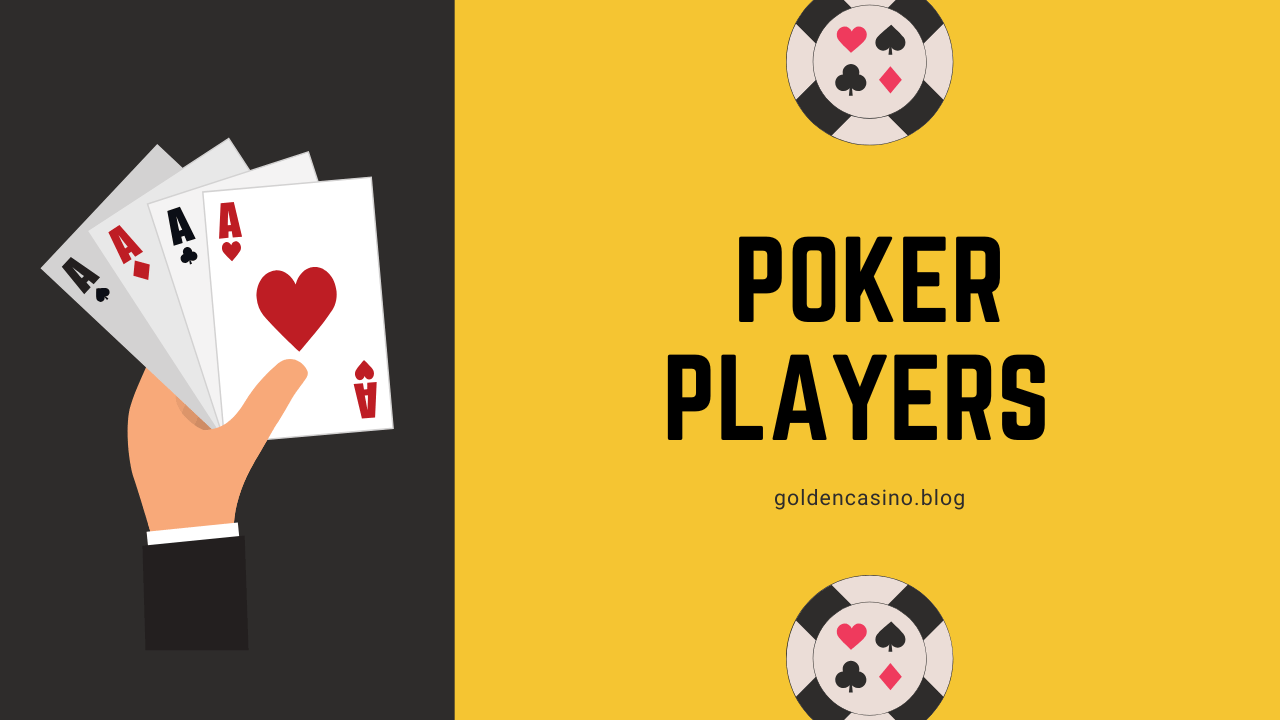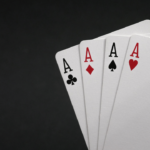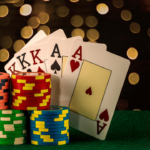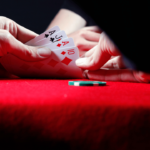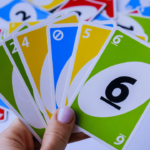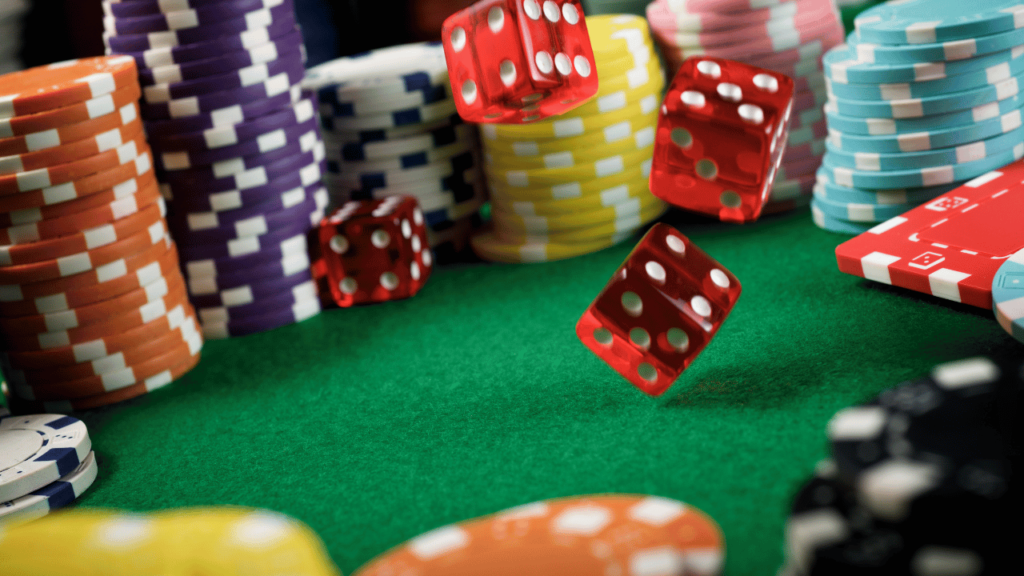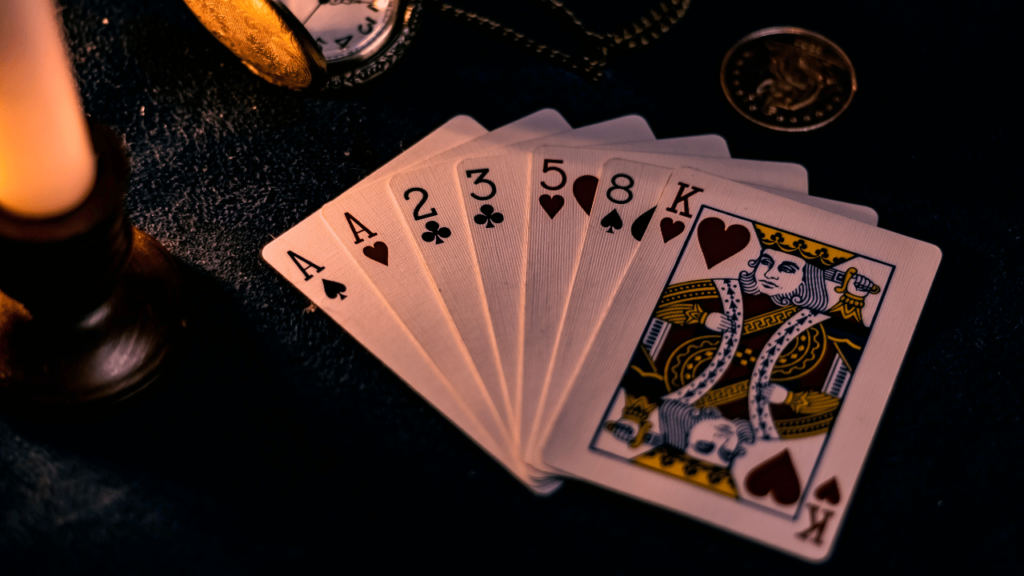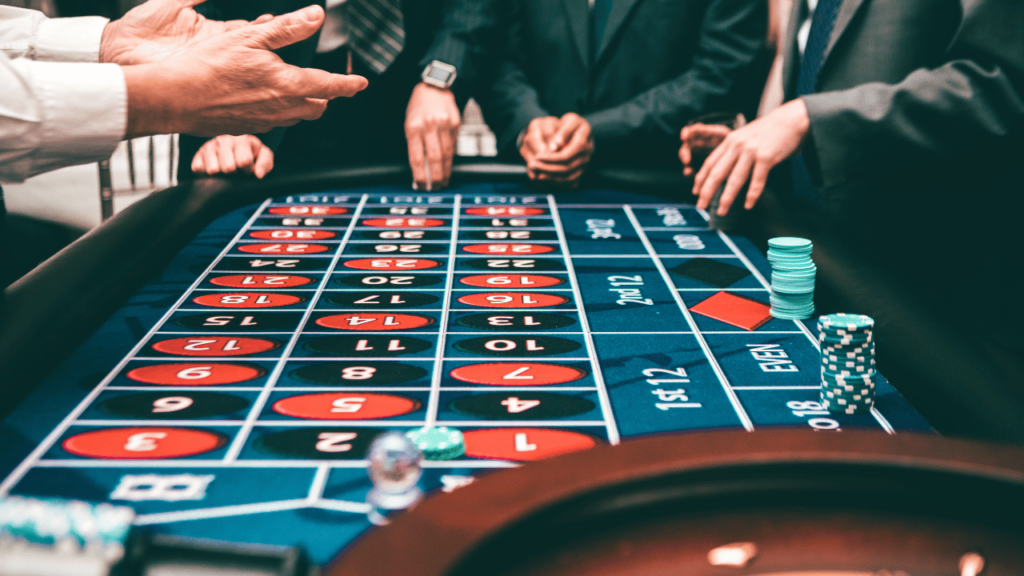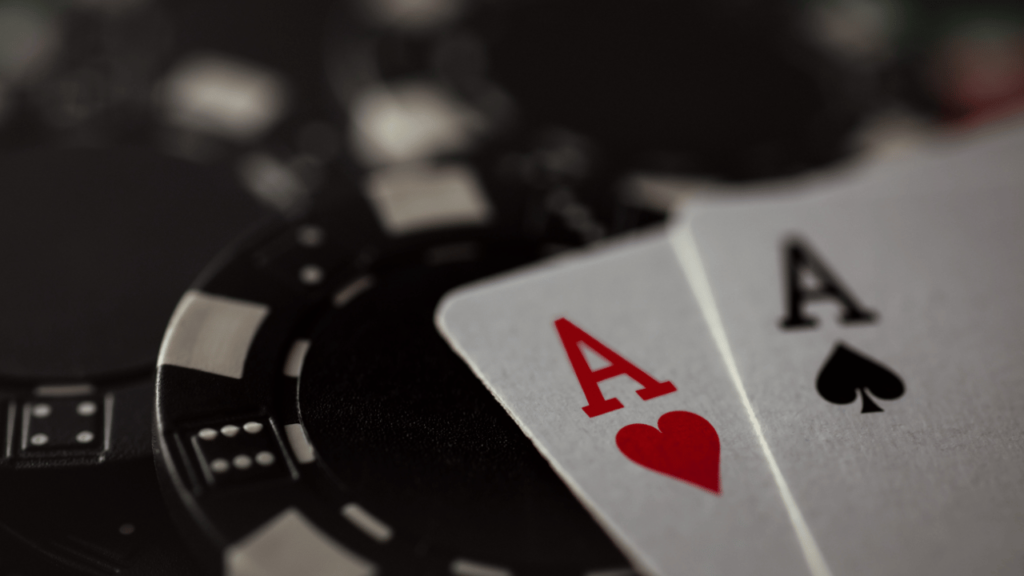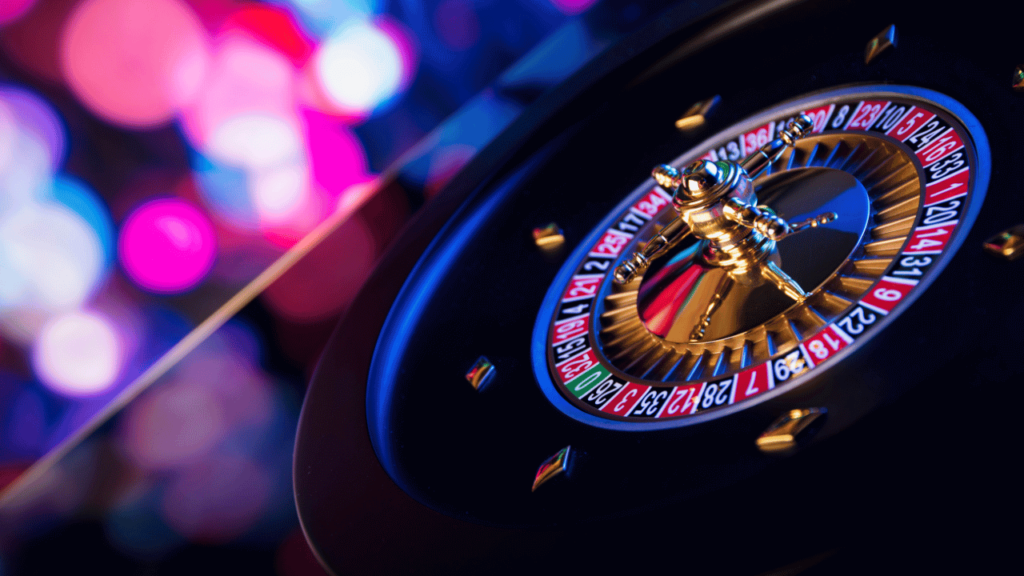Imagine this: the room is thick with tension, chips are stacked high, and the final card hits the table. It’s a moment of pure adrenaline. But then—bam! A frustrated player slams their fist on the table after a crushing defeat. This isn’t just dramatic flair; it’s the raw emotion of poker, where psychology, strategy, and luck collide. Why does this happen? And more importantly, what can we learn from it?
Research shows that emotional reactions, like frustration after a bad beat, are more common in games involving high stakes and skill—like poker. According to a study by the Journal of Behavioral Decision Making, people experience sharper emotional highs and lows when their decisions directly influence the outcome. In poker, every call, raise, or fold feels personal because it is.
In this article, we’ll explore the psychology behind these intense reactions, break down the triggers of emotional outbursts, and share actionable tips to master your emotions at the table. Whether you’re a casual player or a seasoned pro, understanding this aspect of poker can give you the upper hand—and keep your fist firmly off the felt.
Let’s dive in!
The Psychological Foundations of Poker Frustration
At its core, poker is a game of incomplete information. You’re not just playing the cards; you’re playing your opponents. This creates a unique blend of skill and chance, which can fuel emotional volatility. But why does a loss feel so deeply personal in poker?
- Investment of Effort and Time: Unlike other casino games, poker requires active decision-making. When you’ve spent hours calculating odds, reading tells, and strategizing, a sudden loss can feel like all that effort was for nothing.
- The Illusion of Control: Many players believe their skill gives them significant control over the outcome. While skill matters, luck is an unavoidable factor. When a bad beat happens, it shatters the illusion of control, leading to frustration.
- Social Dynamics: Poker isn’t played in isolation. Losing to another player’s bold bluff or lucky river card can feel like a personal slight, intensifying the emotional response.
The Anatomy of a Bad Beat
A “bad beat” is poker slang for losing a hand despite having a statistically strong position. It’s the perfect storm of high expectations and crushing disappointment. Let’s break it down:
- Expectation Setting: Holding a strong hand creates high hopes. You’ve done everything right and expect to win.
- The Twist: The unexpected card flips the script. Maybe your opponent hits a miracle straight or flush on the river.
- Emotional Fallout: The combination of surprise, loss, and perceived unfairness triggers an intense emotional reaction.
Understanding the anatomy of a bad beat helps players recognize why these moments sting so much. Awareness is the first step to managing your response.
Common Triggers of Emotional Outbursts
Poker is a pressure cooker of emotions. Here are some common triggers that lead to outbursts like fist-slamming:
- High Stakes: The higher the stakes, the more intense the emotions. Losing a sizable pot can feel devastating, especially if you’ve been building your stack for hours.
- Ego and Competition: Poker attracts competitive personalities. When your ego takes a hit, frustration often follows.
- Fatigue and Stress: Long hours at the table can wear down even the most disciplined player, making it harder to stay composed.
- Provocation: Opponents who gloat or engage in trash talk can add fuel to the fire, pushing players over the edge.
Strategies for Emotional Mastery
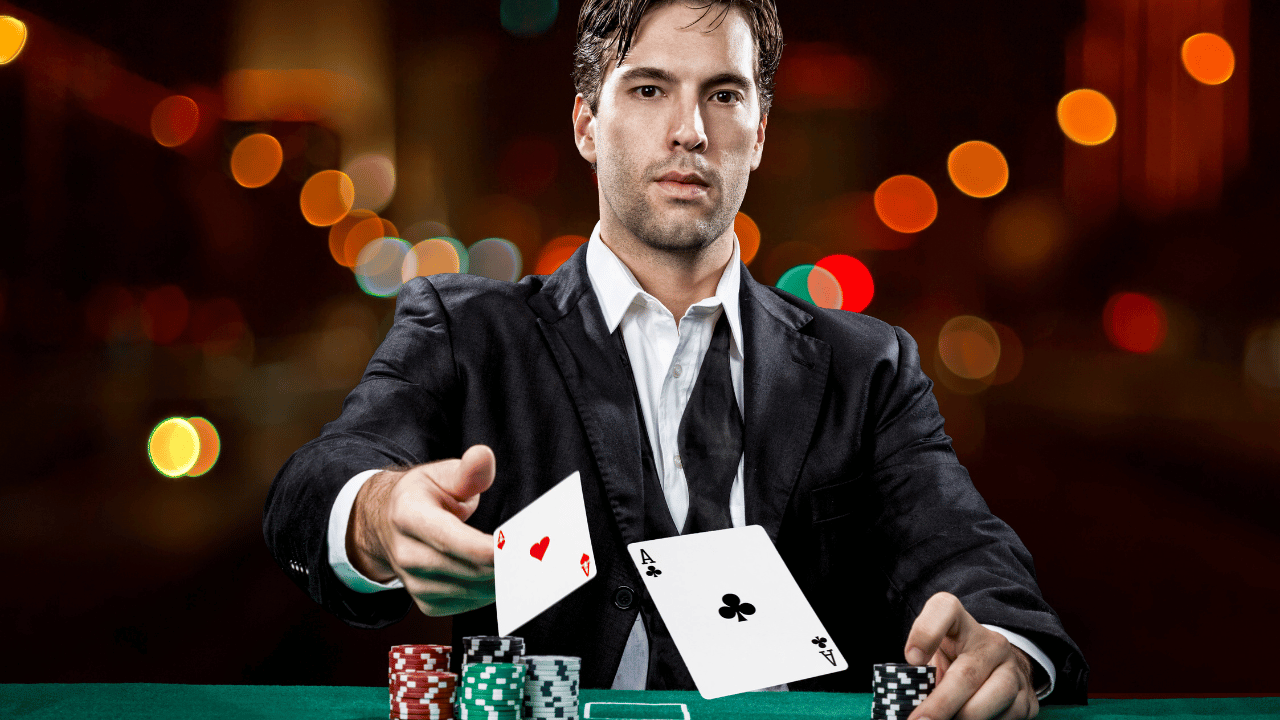
Managing emotions is a critical skill for any poker player. Here are actionable strategies to stay calm and composed:
1. Practice Mindfulness
Mindfulness is the art of staying present and aware. When you feel frustration bubbling up, pause and focus on your breathing. This simple act can help you regain control and reset your mindset.
2. Reframe the Situation
Instead of viewing a loss as a failure, see it as a learning opportunity. Ask yourself: What can I take away from this hand? This shift in perspective reduces emotional intensity and helps you grow as a player.
3. Set Realistic Expectations
Remember, even the best players lose hands. Poker is a game of probabilities, not guarantees. Accepting this reality can help you stay grounded during tough moments.
4. Establish Rituals for Emotional Reset
Have a go-to ritual for cooling off after a tough hand. It could be as simple as stepping away from the table, sipping water, or repeating a calming mantra. These small actions can prevent frustration from escalating.
The Role of Emotional Intelligence in Poker
Emotional intelligence (EI) is the ability to recognize, understand, and manage your emotions—and it’s a game-changer in poker. High EI allows you to:
- Read Opponents: Pick up on subtle emotional cues that reveal their hand strength or intentions.
- Stay Composed: Maintain a poker face and avoid giving away your emotions.
- Adapt Strategies: Respond flexibly to changing dynamics at the table.
Real-Life Examples of Emotional Mastery
Some of the world’s top poker players are renowned for their emotional control. Take Daniel Negreanu, for instance. Known for his ability to read opponents, he’s also a master of staying calm under pressure. His secret? A combination of preparation, mindfulness, and perspective.
Another example is Phil Ivey. Often called the “Tiger Woods of Poker,” Ivey’s stoic demeanor at the table is a testament to his emotional discipline. Observing these pros in action offers valuable insights for players at all levels.
The Impact of Emotional Control on Performance
Mastering your emotions doesn’t just prevent embarrassing outbursts; it directly impacts your performance. Studies in sports psychology show that athletes who manage their emotions effectively make better decisions under pressure. The same principle applies to poker. Staying calm allows you to think clearly, assess risks accurately, and execute your strategy with precision.
Building Resilience for Long-Term Success
Poker is a marathon, not a sprint. Emotional resilience—the ability to bounce back from setbacks—is essential for long-term success. Here’s how to build it:
- Develop a Growth Mindset: Embrace challenges as opportunities to improve.
- Maintain a Healthy Lifestyle: Good sleep, nutrition, and exercise support emotional stability.
- Cultivate a Support Network: Surround yourself with players who uplift and inspire you.
Channeling Emotion into Growth
Poker is as much a mental game as it is a strategic one. The frustration of a bad beat or the sting of a showdown loss are inevitable, but how you respond defines your growth as a player. By understanding the psychological triggers, practicing emotional mastery, and learning from the pros, you can transform moments of frustration into opportunities for growth.
So next time you feel the urge to slam your fist after a showdown, pause. Breathe. Reflect. Then come back stronger, wiser, and ready to play your best game. After all, in poker and in life, resilience is the ultimate winning hand.

